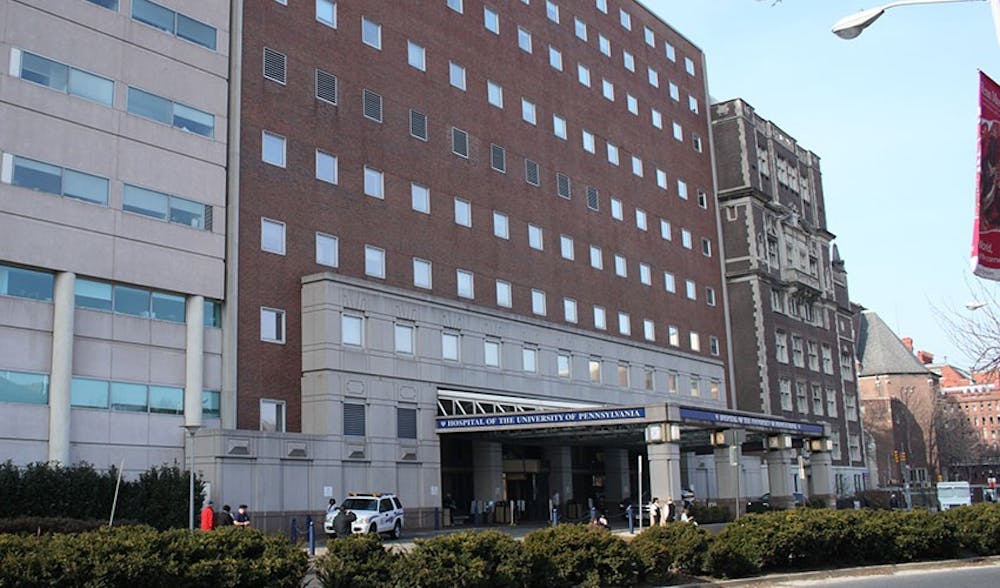While Ebola may have faded from news headlines, Penn employees are still involved in the ongoing epidemic.
Penn has direct ties to the creation and review of ongoing Ebola preparedness measures — Penn President Amy Gutmann chairs the Presidential Commission for the Study of Bioethical Issues, which recently turned its attention to the outbreak in its report, "Ethics and Ebola: Public Health Planning and Response." The brief, which was published in February, suggested that the United States should strengthen health infrastructure to better respond to the possibility of an Ebola outbreak.
“Penn’s multi-front planning efforts for Ebola are precisely the sort of response that the bioethics commission report is encouraging,” Gutmann said.
Beyond continued efforts on Penn’s campus to protect students, University staff are engaging with Ebola in more direct ways. Trish Henwood, assistant professor of Emergency Medicine at the Hospital of the University of Pennsylvania, completed two tours of Ebola aid work in Liberia since the fall.
During Henwood’s time in Liberia, doctors spent 12-14 hour days in Ebola treatment units examining patients, ensuring they were properly medicated and tracking their progress. Deaths were frequent.
“We usually had 1-2 deaths per day, sometimes 4-5, a great day if we had none,” Henwood said.
Upon reentry to the United States, Henwood's health was monitored by the Philadelphia Health System in coordination with the Penn Health System. She reports that the transition went smoothly.
“I found the Philadelphia health department easy to work with relative to the experiences I know my colleagues had in other cities on the return,” she said.
At this point, the Ebola outbreak — and Penn’s direct or indirect involvement — isn’t over yet. According to an April 1 Student Health Service update, cases in Guinea have increased while the number of cases has remained constant or decreased in Sierra Leone and Liberia.
“I think it is still going to take some time to get to zero cases. The efforts being put forth are working, and we are moving very much in the right direction, but despite the lack of media attention compared to later last year, the epidemic is far from over,” Henwood said. “As long as there is any active case transmission, there is risk of one case sparking many infections, which is why getting to zero cases must remain a strong focus.”
Regardless of the eventual outcome of the Ebola outbreak, Penn students can still expect to undergo monitoring after returning from certain areas of the world.
Penn and other public institutions are still prepared for any cases of the outbreak that might occur. SHS and the University of Pennsylvania Health System are still working closely with the Philadelphia Department of Health to ensure that guidelines from the Centers for Disease Control and Prevention are being followed: travelers from all affected areas are monitored upon return, and HUP is prepared to isolate any potential cases.
“SHS’s travel screening process will be in place long after the West Africa Ebola outbreak is over,” SHS health educator Ashlee Halbritter said. “It allows us to capture illnesses students may have received elsewhere and aids providers in their clinical judgment."
“Penn really precisely lines up to what we as an integrated academic health system can do to help ensure that our society and the world is better prepared for the next epidemic — and that would be true whether it’s Ebola or any other epidemic,” Gutmann said.



